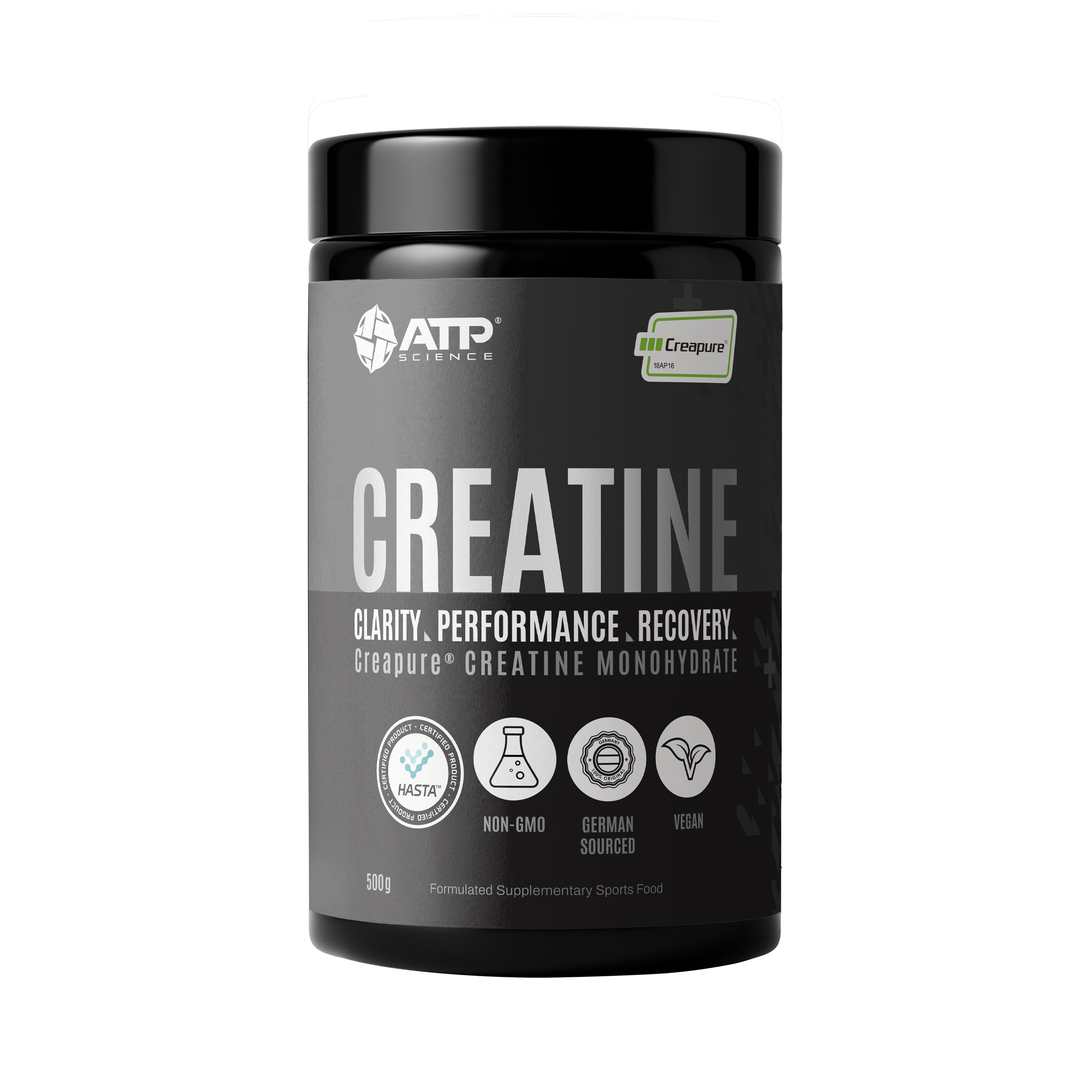Organic acids - As the name would suggest, organic acids are organic compounds (i.e. a compound that contains carbon) that are weakly acidic. An acid is a chemical that donates a proton (H+ ion) and has a pH value less than 7. Organic acids may also contain numerous elements such as sulfur, oxygen, phosphorus, and nitrogen. This ensures innumerable combinations of organic acids and over 1,000 different types of organic acids have been detected in urine samples.
Why Test the Urine?
Organic acids are also found in the blood, but they are far more concentrated in the urine, which is why when you supply a sample for testing, urine testing is the preferred method. The other advantage of urine specimens is that samples can be easily and painlessly supplied. This is a tremendous advantage for populations that don't like needles, like children, and as we will learn, organic acid tests are particularly important.
76 Important Organic Acids
There is a specific Organic Acid Test (OAT) that is commonly used to detect up to 76 organic acids. This is an impressive number of biological markers and there are numerous studies supporting the interpretation of these organic acids.
Autism and Organic Acids
Autism represents a spectrum of neurological conditions that appear in early childhood and is also more common in boys than girls[1]. There are numerous metabolic disorders that involve changes in organic metabolites that have been found in Autistic evaluations[2]. The end result of these kinds of metabolic disorders is a ‘spectrum’ seen ranging from slightly difficult communication problems to frank disconnected communications and severe behavioral disorders.
There are several organic acids that have been consistently found to be elevated in Autistic Children. In 2013 it was found that citrate, succinate, and glycolate are significantly elevated in the urine of autistic children [3] along with an elevation in organic acids such as some amino acids. Acids such as β-alanine, glycine, taurine, and succinic acid levels were elevated[4]. There are numerous other markers that are elevated or depressed in Autistic individuals[5].
It is one thing to detect these imbalanced levels of amino acids and organic acids in Autistic individuals, but what does this mean clinically. After all, having high levels of a chemical anywhere in the body may not mean anything. In science, there is a saying that states that ‘correlation does not mean causation’. So, having elevated levels of any chemical may actually be just related to something in their diet and/or nutrition as an example.
What we do know is the biochemistry of the body. And what we see is that these organic acids can reflect the levels of neurochemicals in the body directly, and thus we see that the changes in certain amino acids reflect the chemicals directly in the brain[6]. This provides a fantastic insight into brain biochemistry because the chemicals (neurotransmitters) in the brain cannot be directly measured and thus a simple urine test that can show what is going on inside the mind can be of immense value to diagnosing any behavioral issues.
Mental Health and Organic Acids
A typical group of organic acids are amino acids. Most people identify amino acids with muscle building (such as the Branch Chain Amino Acids) or protein breakdown products. If you open any biochemistry textbook, you will quickly realise that the amino acid tryptophan is the building block to an essential neurotransmitter called serotonin. Serotonin is synonymous to the feeling of being content and happy, and chasing healthy serotonin levels is vitally important. Thus, if you don’t have enough tryptophan to make enough serotonin, your serotonin levels will drop, and your moods may become depressed.
In a recent study[7], it was found that a panel consisting of four organic acid biomarkers—N-methyl nicotinamide, aminomalonic acid, azelaic acid, and hippuric acid were identified as agents to determine whether the individual is suffering depression. It is interesting to speculate whether depression has 'organic' causes or whether the depression illness drives the changes in the organic acids. Of course, if someone close to you passes away, the natural reaction of the body is to go into a state of depression. However; some individuals suffer depression without any direct cause. They feel depressed without a direct correlating reason. Everything in their life is good! Sure, they have minor stresses like most of us, but depression seems to hang over their heads like a dark cloud on a sunny day. Are these individuals organically predisposed to getting depression? Is it their external environment or maybe their internal biochemistry and as such this may be able to be measured via a urine sample?
The Intestine
Inside your colon, you have trillions of bugs. Before you freak out, I should let you know that they are supposed to be there. And yes, I did say trillions of bugs! The problem with these bugs is that we can get certain overgrowths of the wrong kind of bugs. Candida is an apparent yeast that can overgrow if, for example, we consume antibiotics, which kill bacteria and leave yeasts to their own. There are natural medicines that can kill candida, but how do we know that it has overgrown? The good news is that organic acid testing in your urine may be able to determine whether this is the case.
Microbial Organic Acids Test (MOAT)
There is a specific test called the Microbial Organic Acid Test (MOAT), which looks at 21 organic acids that directly measure the microbiome. Sure, if you have the money, please, measure as many amino acids as you can afford to measure. However; if you have specific gut issues and all you want to test is the microbiome, then a MOAT may be best for you. The MOAT will determine what the trillions of bugs are doing in your colon.
The Take-Home Message
I think it is essential to get your organic acids tested. Of course, there is no downside and there is no needles or blood involved at all. There is a cost involved, but if you have a complex medical condition, it may be cheaper, in the long run, to get an OAT to determine what is going on inside your body so you can get the right treatment early.
REFERENCES
1. Metabolomics Study of Urine in Autism Spectrum Disorders Using a Multiplatform Analytical Methodology.
Diémé B, Mavel S, Blasco H, Tripi G, Bonnet-Brilhault F, Malvy J, Bocca C, Andres CR, Nadal-Desbarats L, Emond P J Proteome Res. 2015 Dec 4; 14(12):5273-82.
2. Autism spectrum disorders and inborn errors of metabolism: an update. Ghaziuddin M, Al-Owain M Pediatr Neurol. 2013 Oct; 49(4):232-6.
3. GC-MS-based urine metabolic profiling of autism spectrum disorders. Emond P, Mavel S, Aïdoud N, Nadal-Desbarats L, Montigny F, Bonnet-Brilhault F, Barthélémy C, Merten M, Sarda P, Laumonnier F, Vourc'h P, Blasco H, Andres CR. Anal Bioanal Chem. 2013 Jun; 405(15):5291-300.
4. 1H-13C NMR-based urine metabolic profiling in autism spectrum disorders. Mavel S, Nadal-Desbarats L, Blasco H, Bonnet-Brilhault F, Barthélémy C, Montigny F, Sarda P, Laumonnier F, Vourc'h P, Andres CR, Emond P Talanta. 2013 Sep 30; 114():95-102.
5. noninvasive urinary organic acids test to assess biochemical and nutritional individuality in autistic children.
Kałużna-Czaplińska J Clin Biochem. 2011 Jun; 44(8-9):686-91.
6. Front Cell Neurosci. 2019; 13: 150. Published online 2019 Apr 30. doi: 10.3389/fncel.2019.00150 Urine Organic Acids as Potential Biomarkers for Autism-Spectrum Disorder in Chinese Children. Qiao Chen,1,† You Qiao,1,† Xin-jie Xu,2 Xin You,1,3,4,* and Ying Tao5,*
7. Transl Psychiatry. 2018; 8: 192. Published online 2018 Sep 19. doi: 10.1038/s41398-018-0245-0. Urinary biomarker panel for diagnosing patients with depression and anxiety disorders. Jian-jun Chen,1,2,3,4 Shun-Jie Bai,2,3 Wen-wen Li,3 Chan-juan Zhou,3,5 Peng Zheng,2,3 Liang Fang,3,5 Hai-yang Wang,2,3 Yi-yun Liu,2,3 and Peng Xie.


















